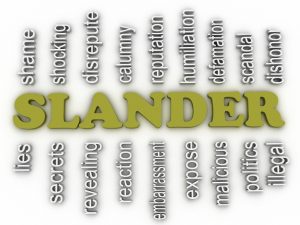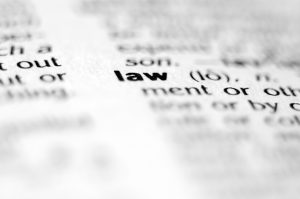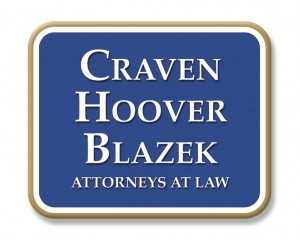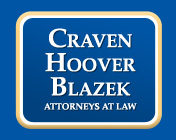Whether you are a victim of libel or slander, there are three particular truths that must exist in order to be successful with a defamation lawsuit. Continue reading to learn what your legal team must be able to prove for you to win your case.
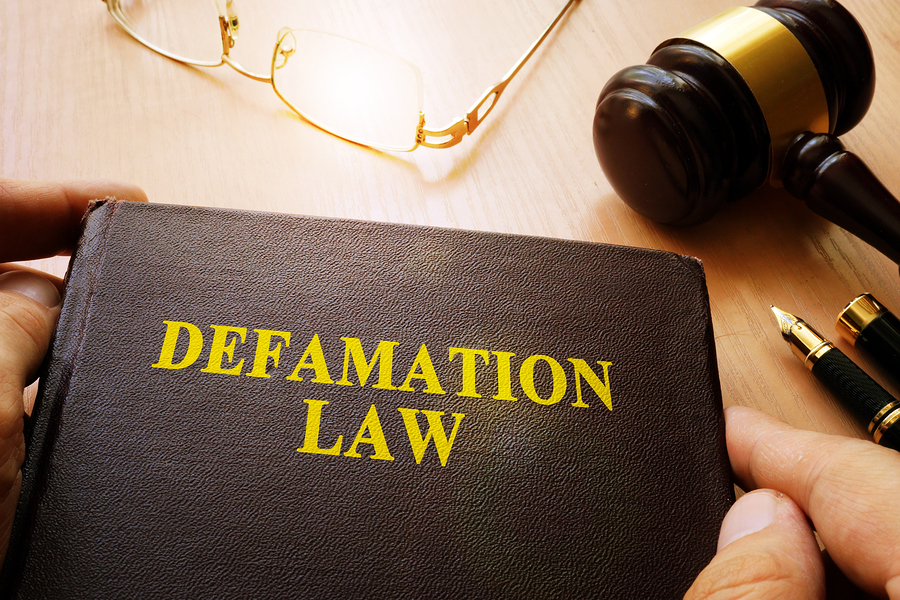
Defamation and Freedom of Speech
Defamation laws are in place to protect our reputations from false and injurious statements made by other people or entities. So, if a person or entity (such as business) is guilty of any type of defamation, whether slander, libel, or a combination of both, they can face serious legal consequences in civil court. Although one might argue our 1st Amendment rights, “Congress shall make no law respecting an establishment of religion, or prohibiting the free exercise thereof; or abridging the freedom of speech,” if there is clear and concise evidence that a statement damaged a another’s reputation, and therefore, caused them to suffer damages and losses, a court will likely side with the victim.
Difference Between Libelous and Slanderous Statements
According to the American Restatement of Torts, a statement can be considered defamatory if, “it tends so to harm the reputation of another as to lower them in the estimation of the community or to deter third persons from associating with him.” Slander is the spoken form of defamation, while libel is the written and published form of defamation.
For instance, defaming a person or business on a radio broadcast would be considered slander, while publishing a blog online with defamatory statements about a person or business would be considered libel. Read our blog, “The Legal Concepts Surrounding Libel, Slander, and Defamation of Character” to learn more information about the differences between these two types of defamation.
Elements to Win a Defamation Case
As a victim of defamation, your hired legal team would hold the burden of proving that the defendant was guilty of libel or slander. In order to do so, your personal injury lawyers would need to demonstrate that 3 specific elements exist:
⚖ The defendant made an untrue and defamatory remark regarding the plaintiff.
⚖ The defendant made the remark to a 3rd party, knowing (or should have known) that the remark was false.
⚖ The publisher demonstrated negligence by publishing the defamatory remarks.
Keep in mind that in some cases, the plaintiff legal team must also prove certain special damages in addition to the elements listed above. It is important to retain experienced personal injury representation if you or your business have been significantly affected by defamatory statements made by another.
Speak to a Trusted Defamation Attorney in Indiana
Call Craven, Hoover, and Blazek P.C. at 317-881-2700 to speak with a licensed Indiana personal injury lawyer about your recent defamation experience. Attorneys Daniel Craven, Ralph Hoover, and Keith Blazek are well-versed and experienced in insurance compensation law, and offer free initial consultations to discuss your case and determine the best strategies for your claim. We never collect lawyer fees unless we obtain a settlement or judgment for you. Get started today by calling 317-881-2700 and scheduling your free consultation.


